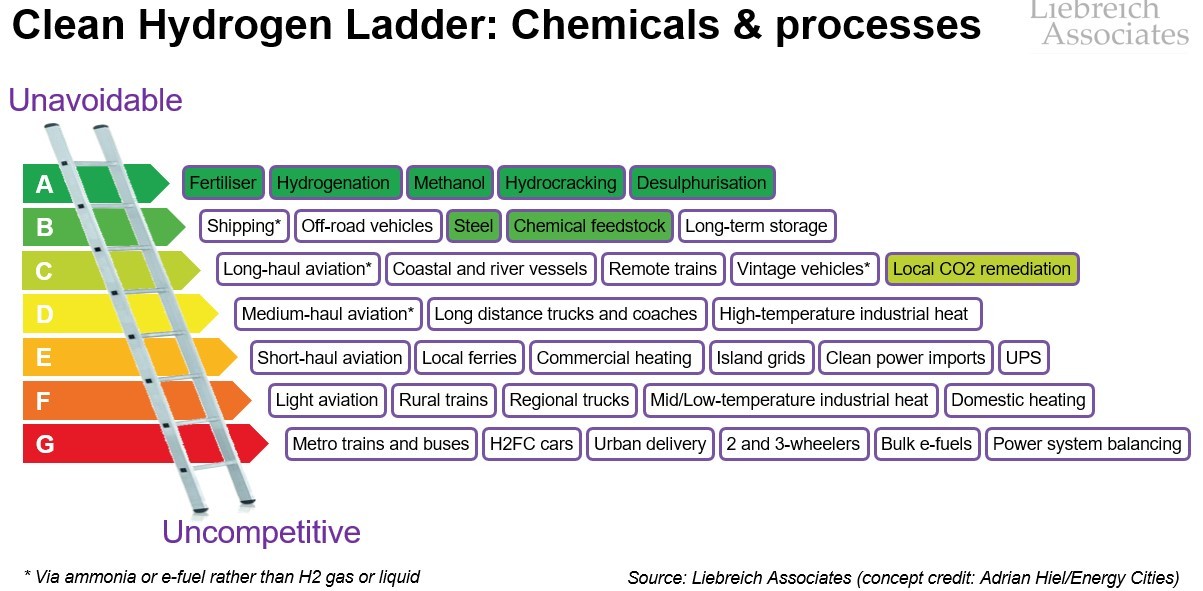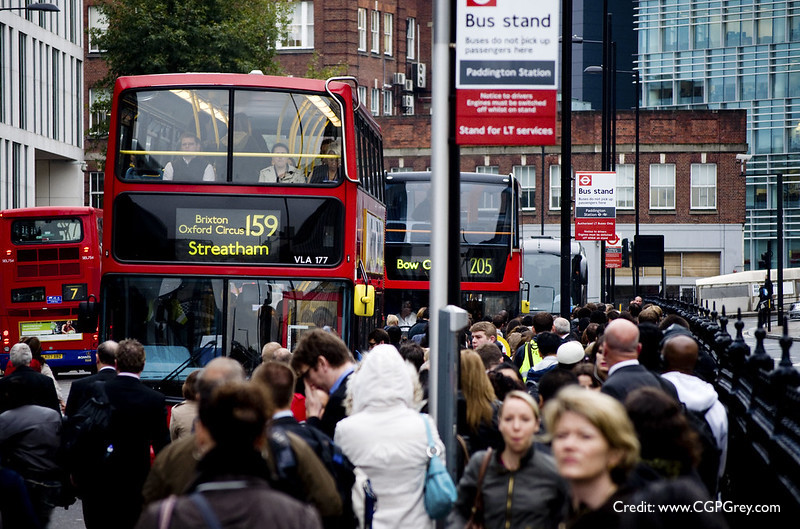Bright Blue: On Energy, Europe and Brexit
In the energy sphere, the UK should be looking for three things as part of the renegotiation of its relationship with Europe: for the EU to complete the single market; for the EU to stop meddling in decisions better taken at UK level; and for root-and-branch reform of the EU-ETS carbon trading scheme.
Over the past few years, there has been a divide within the UK Conservative family over energy. I have described it before as Roundheads vs Cavaliers. The Roundheads are painstakingly modern, emote about climate change and are convinced renewable energy can unlock economic growth within environmental limits. The Cavaliers are dismissive of climate change, convinced that any cheap energy is good energy, and all it would take is deregulation and generous tax reliefs for the UK to reclaim its past as an energy exporter.
Neither Roundheads nor Cavaliers are fully right. The world has entered a multi-decadal transition towards a cleaner energy system, primarily driven by the fact that such a system will deliver higher performance. The transition also holds the promise of lower overall energy costs, but only if it is done right. The liberal conservative – Bright Blue – task should be to make sure the transition is effected as efficiently as possible, and that the benefits should wherever possible be captured by consumers, rather than producers.
The outline of a high-performing, affordable, cleaner energy system is becoming clear. On the supply side will be renewable energy, generated centrally as well as locally, alongside nuclear power and natural gas. Coal can only survive if carbon-capture technology drops dramatically in cost. Vehicles will be electric or have super-efficient internal combustion engines; buildings will be far better insulated; lighting and appliances will draw minimal power loads. Heavy manufacturing will have been largely supplanted by additive technologies and advanced materials. The whole system will require energy storage and be managed via a smart grid.
So where does Europe come in? Much of the future power supply will come from intermittent renewables – perhaps as much as two thirds. Intermittency is not a show-stopper, but managing it comes with a cost. To keep this within manageable bounds we need what Europe has always promised and never delivered: a single market in energy and related services, so that energy demand can be time-shifted to match supply across as broad an area as possible, and so that we can blend cheap surplus power from overseas with, for instance, more expensive domestic offshore wind power.
When it comes to the current renegotiation of our relationship with Europe, our first demand therefore should be that the EU completes the single energy market. There are encouraging signs on this front, in particular an initiative dubbed the European Energy Union. What started as an exercise to bolster Europe’s energy security in the face of Russian adventurism has developed into a broader, more liberal attempt to unblock the process of energy market integration. The UK has been one of the leaders, but we have many allies, even among countries which have benefited until recently from the status quo.
Our second demand of the EU should be that it stops meddling in UK energy policy. As a member of
the EU, we have conceded the right to negotiate carbon emission targets under the UNFCCC climate negotiations. But when it comes to decisions about how the UK should meet those targets – whether via energy efficiency, renewa- ble energy, nuclear power, carbon capture and storage, electric vehicles or more efficient vacuum cleaners – those decisions are best taken here. That is what subsidiarity means.
Third, and finally, we should demand that the EU fix the European Carbon Trading Scheme (EU-ETS). The scheme was designed to deliver the carbon price required to drive out coal from the continent’s energy mix. Instead it has become a joke, collapsing twice to near-zero, and allowing European coal use to increase, despite a withering recession. The UK’s Carbon Price Floor is an ugly and distortive sticking plaster. We should be telling our EU colleagues that if they can’t fix the EU-ETS, we will abandon it and set up our own mechanism, designed to drive the cost of capital of UK clean energy producers down rather than up.
Should the EU fail to deliver these three things – a single energy market, an end to meddling, and a fix to the EU-ETS – then from an energy perspective, Roundheads and Cavaliers should happily join forces to recommend Brexit.
This article first appeared in “Green and Responsible Conservatism”, a Bright Blue publication edited by Ben Caldecott, July 2015.
Terms of use: photos and other media may be used exclusively for the purpose of publicising an upcoming or past event involving Michael Liebreich, or to illustrate an article written by him. Their use must be accompanied by a clear indication of copyright in the following form:
© Liebreich Associates/name of photographer. Photos or other media downloaded in this way remain the property of Liebreich Associates Ltd. Any infringement of these terms of use may result in legal action by Liebreich Associates Ltd or by the respective photographer or rights holder.





